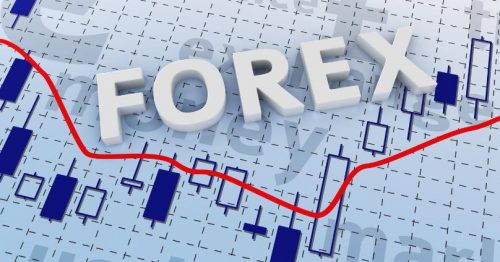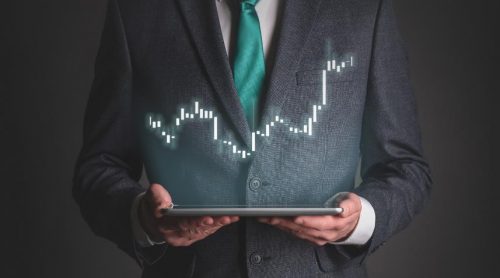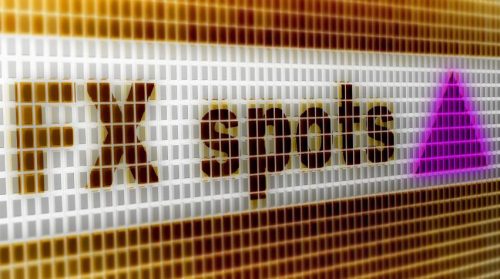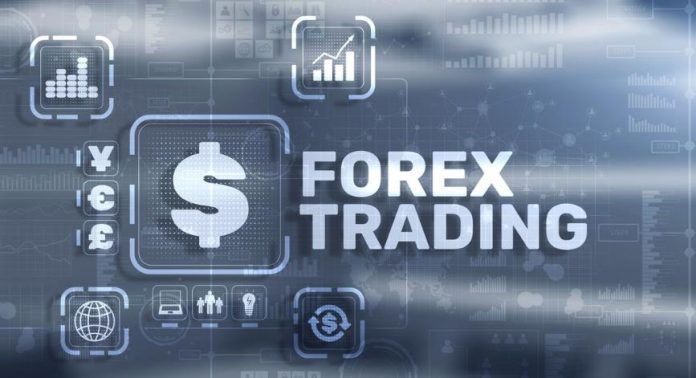Table of Contents
FX stands for Foreign Exchange, and it’s often called Forex as well. For the purposes of consistency, we’re going to call it FX throughout this article. As a business owner, you probably want to break into the global market and grow your business from a national one to an international one.
However, when you do business with international markets, there are a few things you need to consider. You’ll need to think about the value of their currencies, the different terminology that can be used, and even forward, future, and spot contracts. All of this falls into the category of FX, and it can be quite overwhelming at first. So, keep reading and learn all there is to know about FX for business.
What Is FX?
FX is the biggest market in the entire world and over $5 trillion is processed every single day. This crazy high amount of money is traded due to the number of businesses that are using the FX market each and every day. An FX transaction can be something as simple as someone visiting another country and exchanging their money into that currency.
 In business, it means that the international business owners exchange money in order to pay a global supplier. Alternatively, they’re converting money from an international buyer into their own currency. So, as you can see, it’s easy to see why so much money changes hands every day!
In business, it means that the international business owners exchange money in order to pay a global supplier. Alternatively, they’re converting money from an international buyer into their own currency. So, as you can see, it’s easy to see why so much money changes hands every day!
How FX Works For Business?
Where Did It Start?
FX trading has been around forever really, as different currencies have existed for as long as people have been trading. Forex trading would have evolved naturally as humans developed and began expanding their trade reaches further than their neighbours. In the 90’s when the computer became a lot more advanced, FX trading paved the way for international FX trading as we know it today.
Types Of FX Traders
There are lots of different types of FX traders, and they all made trade slightly differently to the other. So, here are some of the most common ones that you’ll see.
Retail Traders
Retail traders are one of the most common types of FX trader. These normally trade small amounts on the Forex market despite having larger numbers than other traders in this list. You’ll typically see two types of retail FX traders: market makers and electronic communications networks (ECN). ECNs work to bring buyers and sellers to an agreement via the internet by matching up the traders.
 Using an ECN prevents the need for a someone else in the middle to help navigate the trade. Market makers on the other hand will take any deal that their client wants. This means that when you’re trying to complete an FX trade for your business, there will always be a market maker to take it. But it can also mean that you lose money, as market makers are only looking to make a profit for themselves.
Using an ECN prevents the need for a someone else in the middle to help navigate the trade. Market makers on the other hand will take any deal that their client wants. This means that when you’re trying to complete an FX trade for your business, there will always be a market maker to take it. But it can also mean that you lose money, as market makers are only looking to make a profit for themselves.
Banks and FX
Many banks use the FX market as it ensures that their customers can use their accounts overseas. Think how many times you’ve bought something from a different country using your debit card online. Without the bank taking part in FX trading, this wouldn’t be possible. Otherwise, you’d go to use your card and it would be immediately blocked as the bank would suspect that it’s fraudulent activity. So, you can see why it’s important for businesses that banks take part in FX trading.
International Businesses
The other biggest trader on the FX market is international businesses. The most common transaction that international businesses will make is a currency conversion. When the business receives money from an international buyer, they need to convert the money into their own currency, otherwise, they aren’t able to use it. This also works the opposite way too, as when you pay an international supplier, they need to convert your payment into their currency too. So, as an international business, you can see how much of an impact you can have on the FX market and why it’s vital for your success.
Spot, Forward, And Future Contracts
Businesses and banks also use FX trading to hedge against the rise and fall of international currencies. Most businesses and banks will follow one of the following three methods:
Spot Contracts
 A spot contract is where the two parties exchange their currencies at a predetermined settlement date. This can be any time from the same day to a year from the agreement date. So, when you’re trading FX at the market rate, you’re technically using a spot contract.
A spot contract is where the two parties exchange their currencies at a predetermined settlement date. This can be any time from the same day to a year from the agreement date. So, when you’re trading FX at the market rate, you’re technically using a spot contract.
Forward Contracts
A forward contract is where the two parties involved agree the exchange the currency on a predetermined date and with a set exchange rate. Forward contracts can help ensure that your business is protected from the fluctuations in currency value, allowing our exchanges to be profitable instead of causing a loss. However, it can go the opposite way if the value of the currency increases, and you’re stuck in a forward contract. This is because you’ll be exchanging at a lower rate than what the market is currently at. But the stability of a forward contract is what a lot of business owners prefer.
Future Contracts
Future contracts are pretty similar to forward contracts. The only difference is the future contracts are managed on an exchange instead. This means that these contracts are standardized and must go through a clearinghouse. This makes them a lot safer than forward contracts, as the payments are always guaranteed to each party involved.
 FX works extremely well for business owners, and although it can be a lot to take in at first, it’s very rewarding in the end. Knowing the difference between the types of contracts will help you to make the right trades for your business as well. Whether you choose a spot, forward, or a future contract, you want to be certain that it’s the best one for you. Many businesses couldn’t survive with FX trading, and it’s vital for the strength of the economy. So, if you’re a business owner and want to break into the international market, make sure you take all this knowledge on board. You’ll soon be a pro FX trader in no time!
FX works extremely well for business owners, and although it can be a lot to take in at first, it’s very rewarding in the end. Knowing the difference between the types of contracts will help you to make the right trades for your business as well. Whether you choose a spot, forward, or a future contract, you want to be certain that it’s the best one for you. Many businesses couldn’t survive with FX trading, and it’s vital for the strength of the economy. So, if you’re a business owner and want to break into the international market, make sure you take all this knowledge on board. You’ll soon be a pro FX trader in no time!






































